When it comes to enjoying your bud, enjoyment takes on several forms. You could be partaking for sheer pleasure, or you could be leveraging THC's effect on several function-based activities such as being creative, productive, or to manage overall discomforts life throws at you. One of the most popular reasons people use cannabis and its respective consumption methods is to get a good night of sleep. How effective is that, though? We've all heard of weed hangovers, which is the result of overdoing it. Is there anything one should be aware of when using cannabis specifically to sleep? All this and more today's latest blog!
BEFORE WE START: WHY DO WE NEED SLEEP?
This might be a no-duhh type of question but nevertheless, we do need to get clear on what sleep is and how it helps us. After all, it's essential enough that we do it every night, right? And to deprive ourselves of sleep is essentially a death sentence to terrible physical and mental health. So why do we need this?
For starters, sleep is the function in which our bodies use to perform basic housekeeping. Things like retaining memories and lessons, regulating neuroplasticity, and restoring physiological function - assuming you went hard at the gym earlier today. All of which are necessary things to happen that you wouldn't otherwise be able to achieve while awake. It is important to note, however, that sleep is a multi-faceted function.



THE TWO MAIN PHASES OF SLEEP
Since sleep is a multi-faceted function both in how it can benefit you and in the activity itself, it's best to understand the different phases of it.
RAPID EYE MOVEMENT (REM)
Rapid eye movement, or REM, is a sleep state in which your eyes move around rapidly in a range of directions. REM typically happens roughly 90 minutes after you fall asleep, with the first period of it lasting 10 minutes. Each subsequent REM period progressively gets longer, with the final period lasting up to an hour. These subsequent periods of REM handle the dreaming experience and leverages the dreams to retain both memories and lessons.
SLOW-WAVE SLEEP (SWS)
Slow-wave sleep (SWS), otherwise known as deep sleep is the stage of sleep when your body is in its most restful state. Everything from your brainwaves, to your heart and respiratory rate, aren't as active as when you are experiencing REM. After falling asleep, your body transitions from light sleep to SWS before transitioning to REM. Unlike REM, SWS happens in periods that become progressively shorter as the night goes on. During SWS, your body physically restores itself, with roughly 95% of our growth hormones are produced.
HOW DOES WEED FARE WITH SLEEP?

Now that we understand both REM and SWS a little more, now it's time to understand how cannabis could affect your ability to experience a restful night of sleep. It is common knowledge that cannabinoids such as THC, CBD, and CBN, of which are contained in the cannabis plant possess sleep-promoting properties both in the short- and long-term. To what extent these cannabinoids affect your sleep is still up in the air as there are several other factors to take note of - age, sex, lifestyle, and tolerance to cannabis being the other factors.
Short-term THC consumption typically makes you fall asleep faster and to stay asleep longer. This is why heavy indica strains like GG#4 and our Purplatto Twinsies are often thought to glue you to the couch with the eventuality being you're going to knock out. Taking a sizeable amount of THC before bed increases the SWS but comes at the expense of a shorter REM. This is probably why when you woke up this morning, you feel as if you didn't dream a whole lot yet feel rested and ready to handle whatever BS comes your way - just kidding, it's Monday after all.
Long-term THC consumption for sleep, however, possesses different properties. Tolerance, for example, plays a huge part. Not only does tolerance make you consume more weed to achieve the same effect, but should you stop to take a T-Break or for other reasons, the withdrawal period of suddenly stopping your routine often leads to sleep disturbances and vivid dreaming.
Should you choose to stop consuming weed, not only will you need to figure out how to fall asleep in a timely fashion, but you're likely to experience a less-restful sleep. This is due in part to you experiencing a shorter period of SWS. And while your REM levels will temporarily increase, this sudden change in routine will often lead you to experience vivid or downright terrible dreams until your body gets used to the new routine of no-weed.
HOW DOES THAT SOUND?
Okay, so using weed for sleep basically makes you fall asleep and stay asleep. And as you work cannabis into your routine, your tolerance goes up thus requiring more product for you to achieve the same results. And if you stop for whatever reason, there will be a getting-used-to period where everything sucks. While temporary, let's be real, that kind of sucks! We'll let you be the judge of whether leveraging cannabis for sleep works for you. After all, cannabis affects us all differently. What might be general knowledge to the vast majority of people might be completely foreign to you.
So without ruling out a function to use weed for, we hope you find this useful to your own unique situation. Happy blazing!


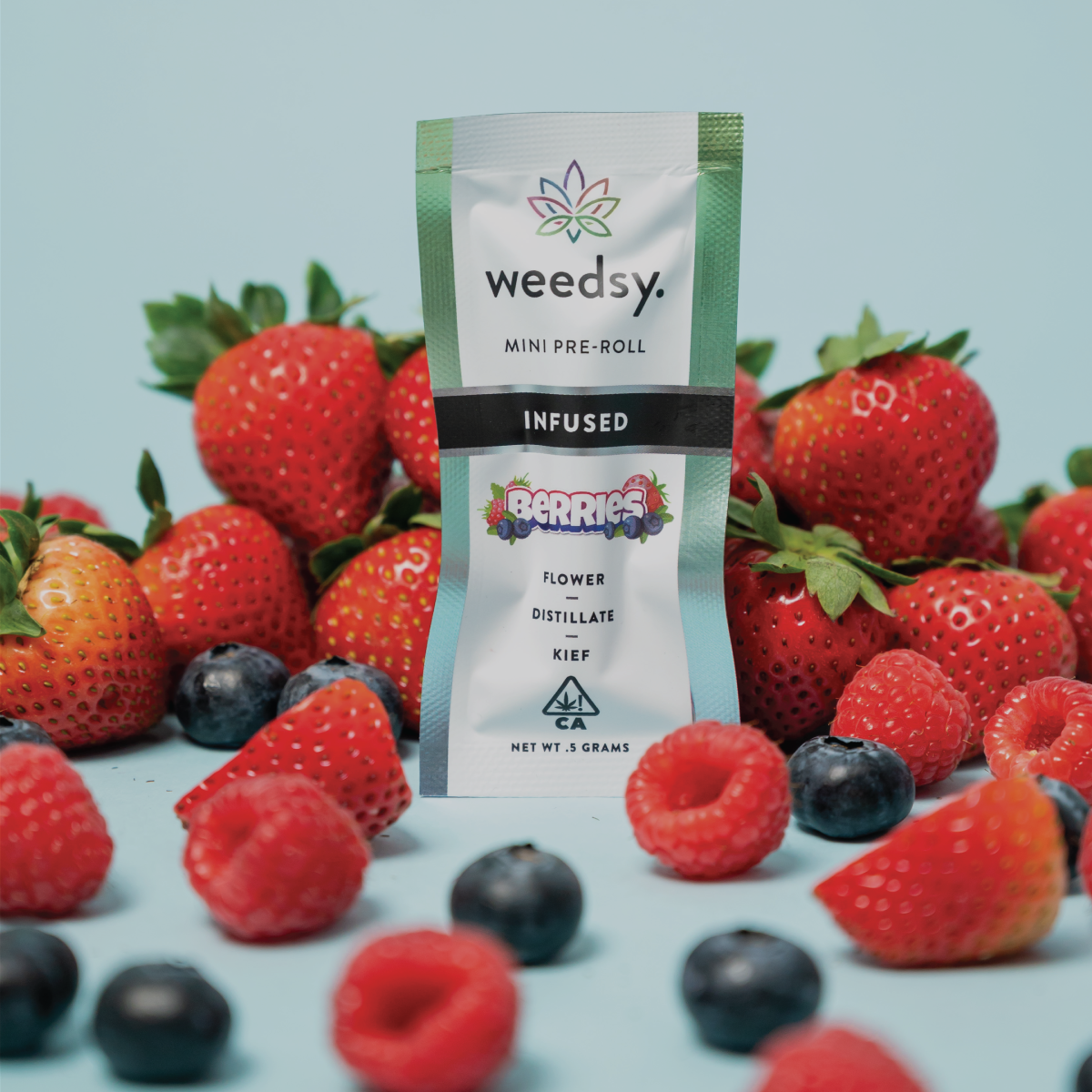
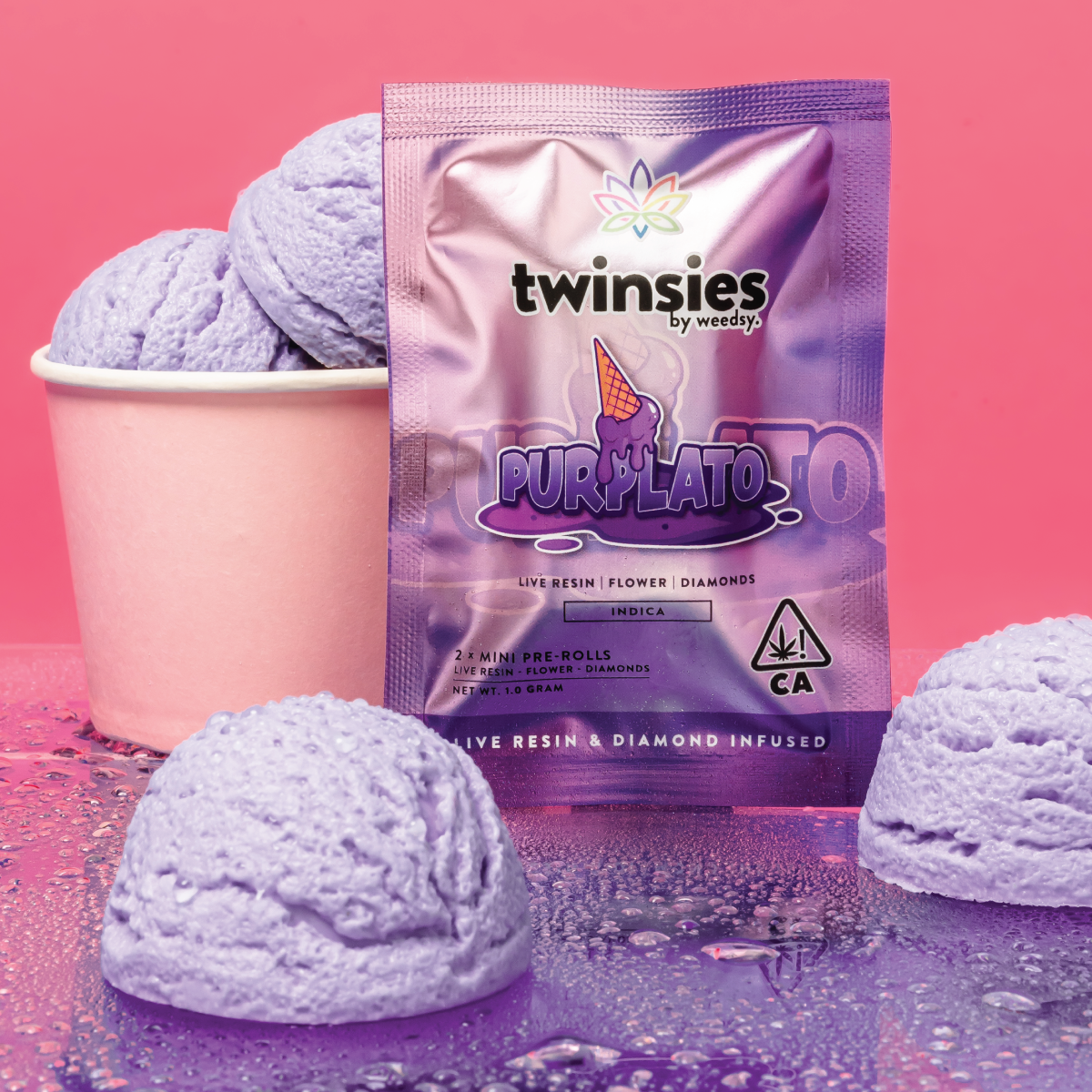
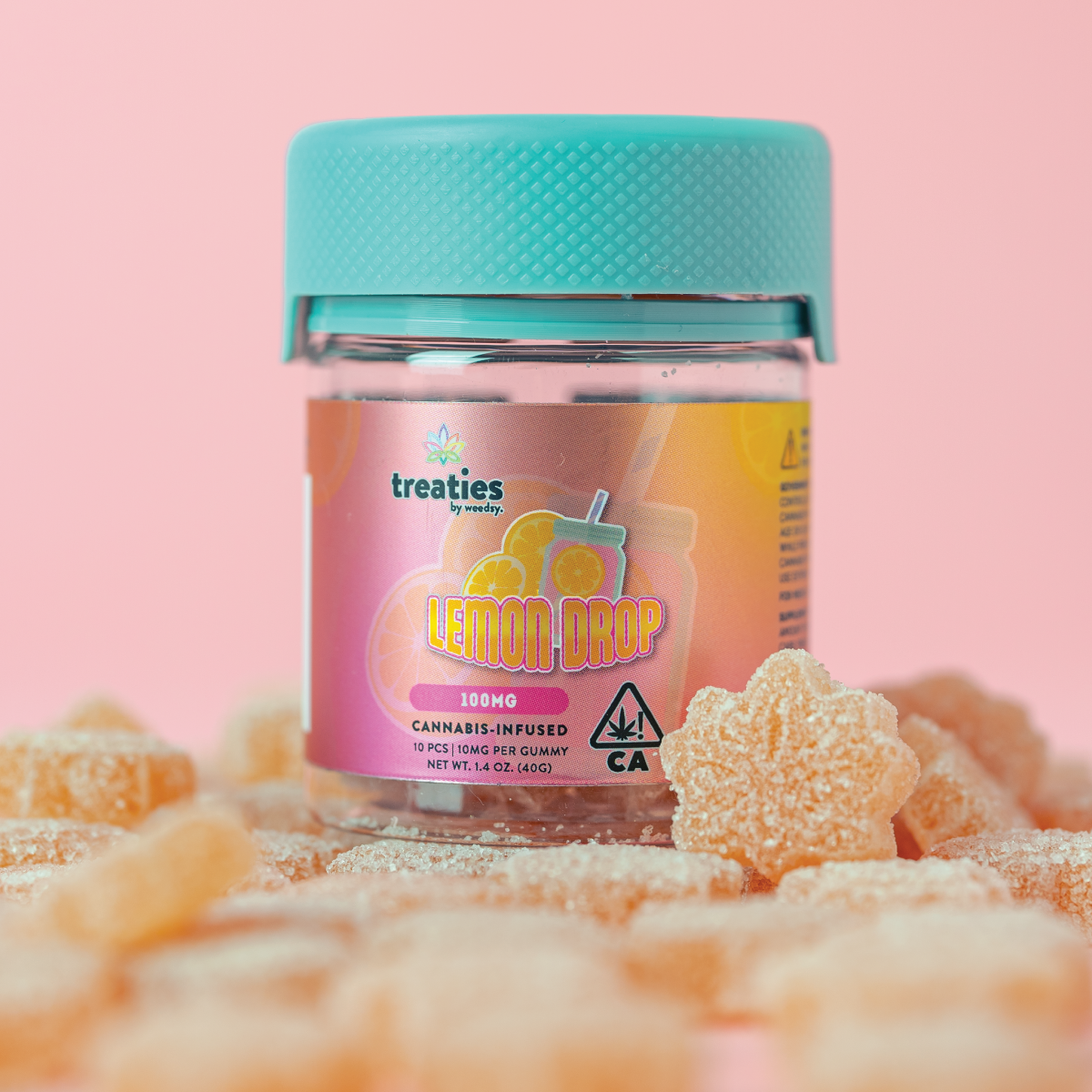
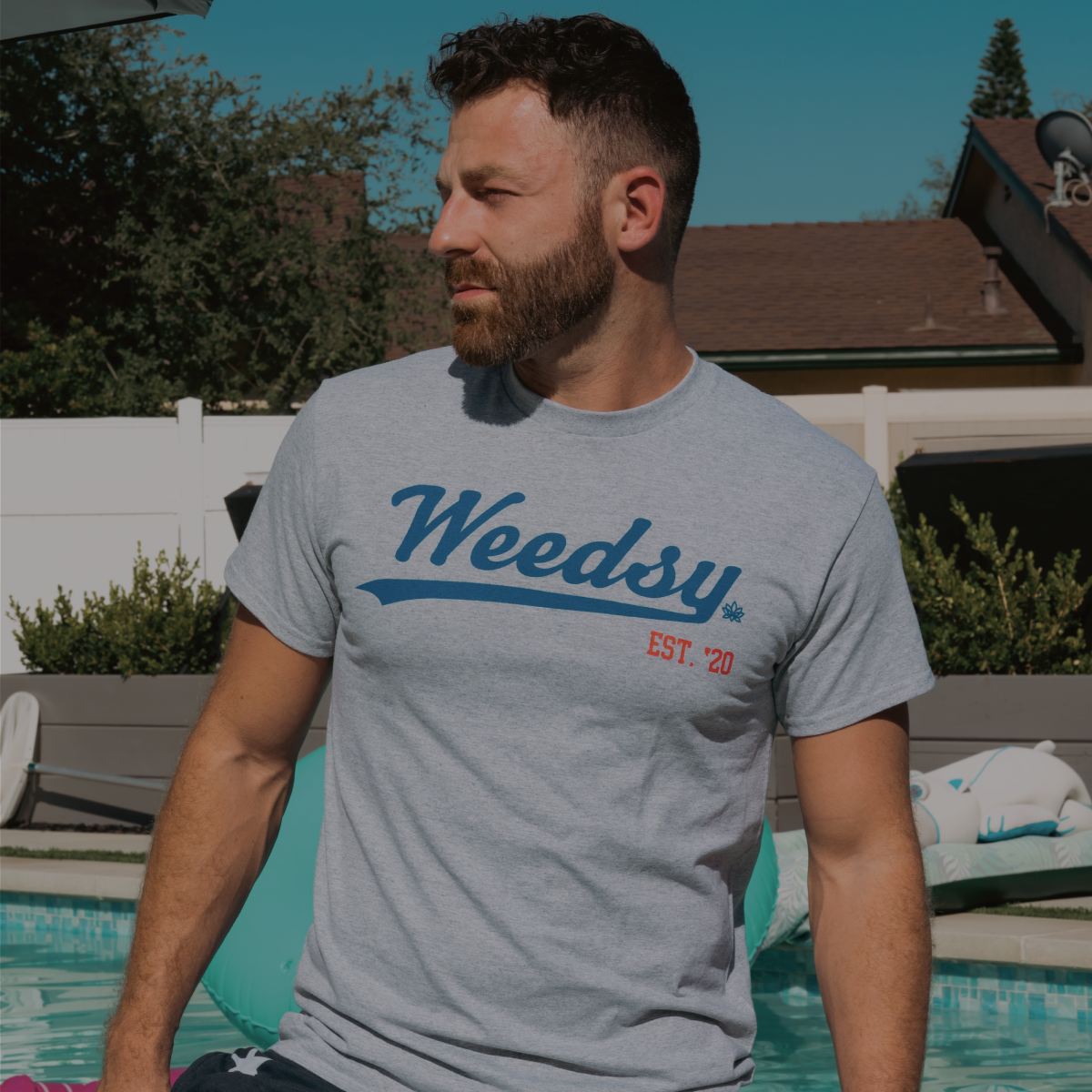

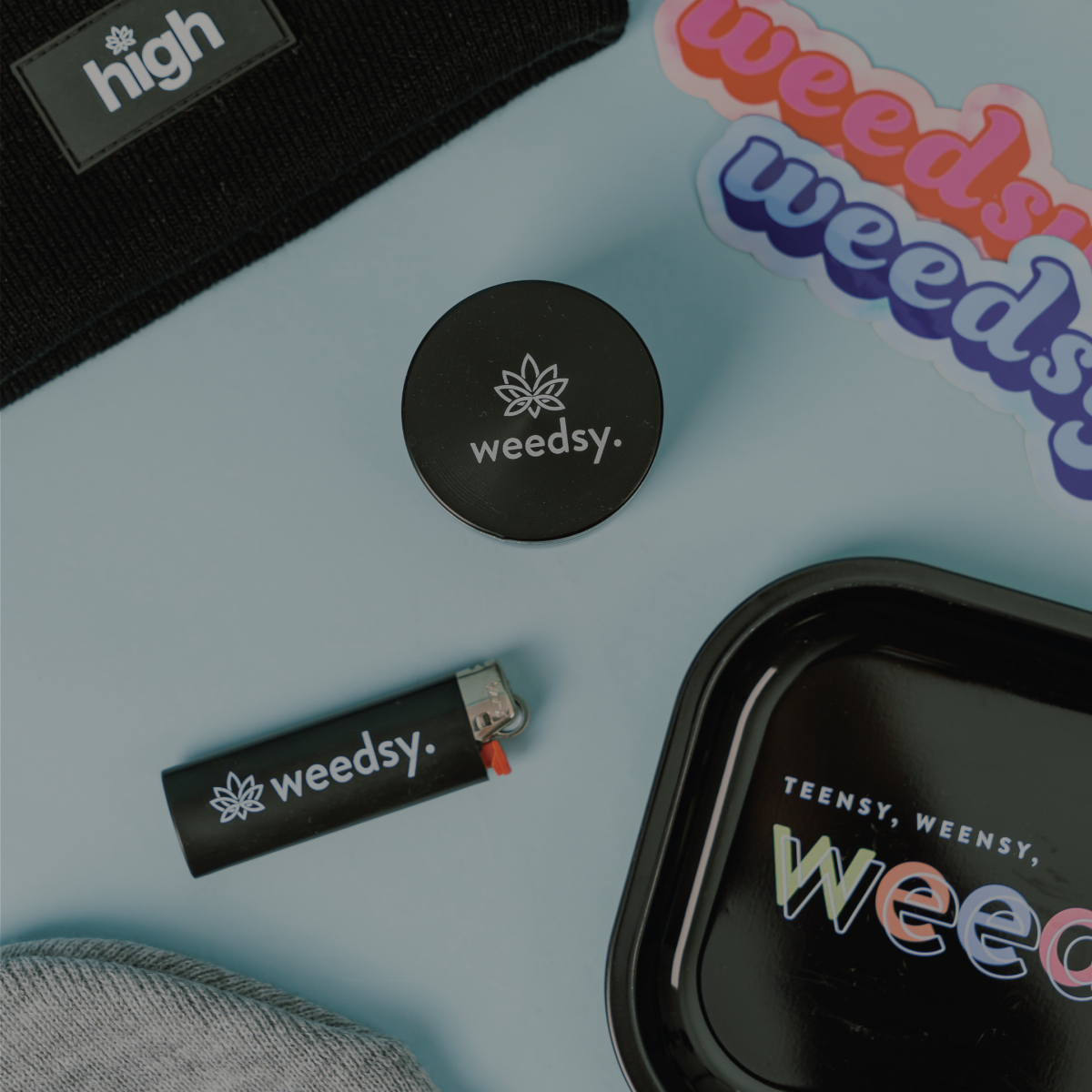


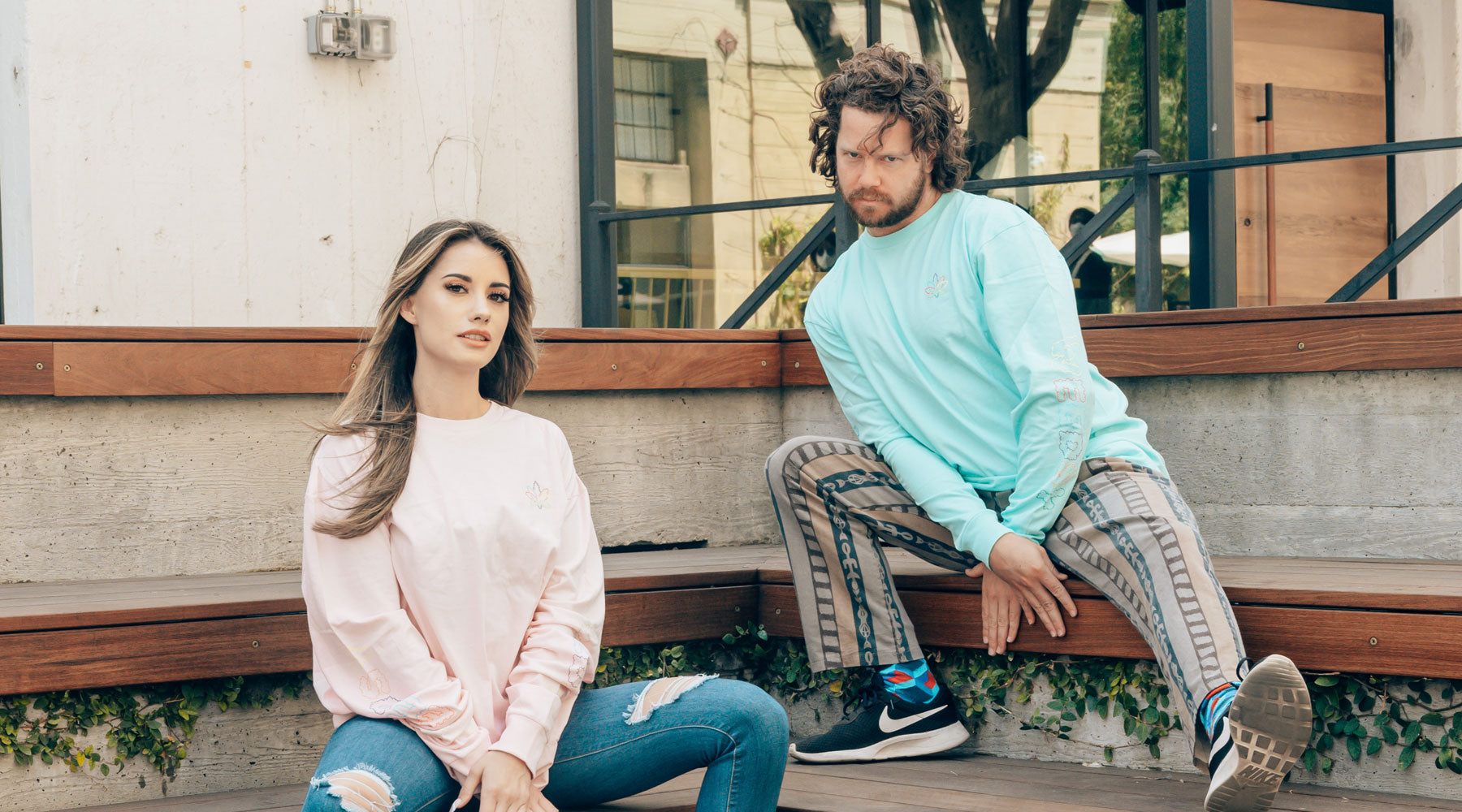
Leave a comment
This site is protected by hCaptcha and the hCaptcha Privacy Policy and Terms of Service apply.